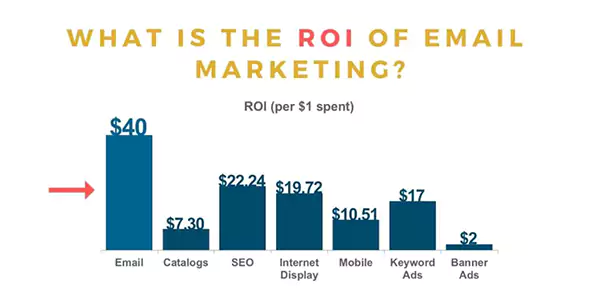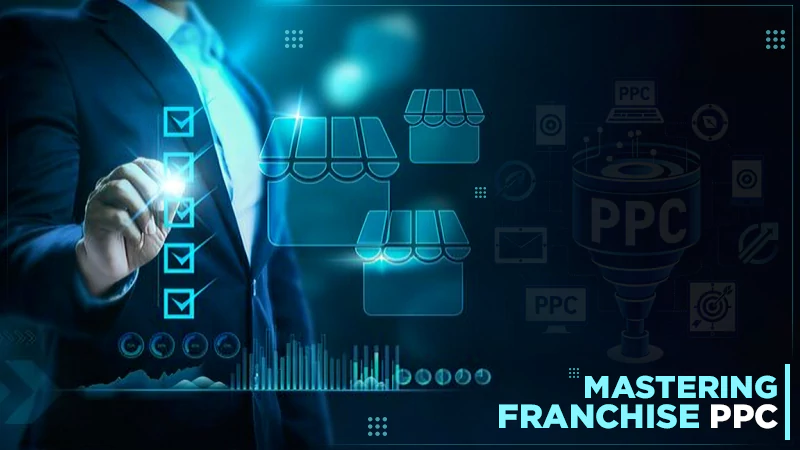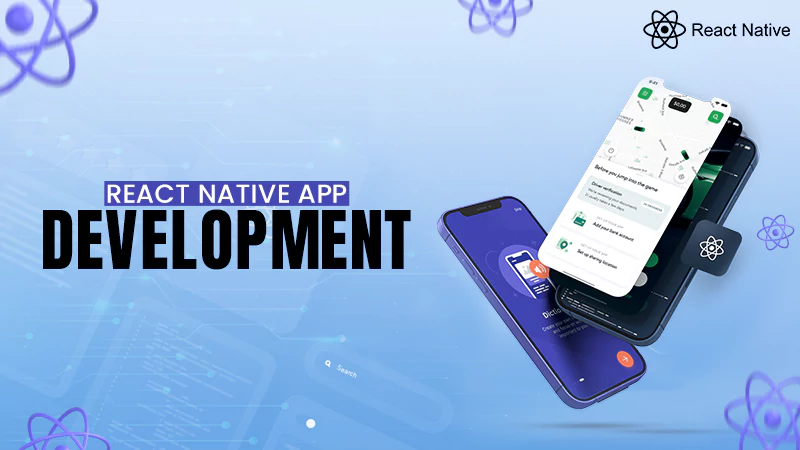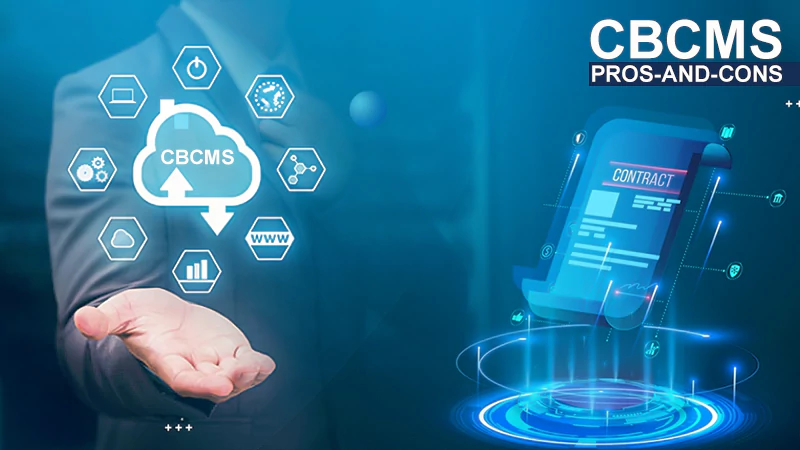The Impact of SEO on Optimizing Email Marketing Campaigns
In a constantly developing realm of digitization, businesses constantly seek innovative ways to connect with their desired audience. Email marketing has long remained a reliable, cost-effective strategy for this purpose.
However, in the contemporary digital landscape, search engine optimization (SEO) has risen exponentially by blending into email marketing campaigns for optimal performance.
This article explores the profound impact of SEO integration in enhancing email marketing campaigns and how this fusion can empower businesses to achieve their company objectives.
Comprehending the Symbiotic Relationship Between SEO and Email Marketing
To appreciate the influence of SEO on email marketing, it is relevant to grasp the interconnection between the two. SEO primarily focuses on augmenting a website’s visibility in search engine results, thereby facilitating the discovery of businesses online by potential customers.
In contrast, email marketing serves as a direct communication channel employed to nurture leads, engage customers, and drive conversions. When these two strategies are entwined, the results can be remarkably transformative.
Elevated Personalization
At the heart of SEO is the fundamental principle of understanding user intent. SEO experts monitor keywords and search queries to understand users’ online search habits. One way of doing this is by using a Complete SEO checklist.
It includes keyword research, on-page optimization, content quality, backlink analysis, mobile-friendliness, site speed, technical SEO, user experience, and analytics tracking. These elements collectively ensure that your website ranks well in search engine results pages (SERPs) and effectively connects with your target audience.
This invaluable knowledge can be sent through an electronic mail that connects with the intent of the target audience. When the email is received by the user that aligns with their interests, they are more likely to engage with the services and take the desired actions.
Tactical Keyword Utilization
Email subject lines and content can derive substantial benefits from the strategic inclusion of keywords according to SEO research. Thoughtfully integrating keywords enhances email open rates and click-through rates (CTR). Nevertheless, it is pivotal to maintain a natural usage of keywords and refrain from overloading, as word stuffing will not achieve the desired results.
DO YOU KNOW
42% of SEO professionals devote equal time to building internal and external links.
Refined Landing Pages
Email marketing frequently includes calls to action (CTAs) directing recipients to specific landing pages on a website. These landing pages should be optimized for both SEO and email marketing purposes. By doing so, businesses can offer a seamless and relevant user experience, thereby improving the chances of conversions.
Augmented Email Deliverability
The correct delivery of electronic mail is the main factor for the success of email marketing campaigns. Some emails may get automatically directed to spam folders or never reach the recipient’s inbox which results in futile efforts.
SEO indirectly influences the correct delivery of online mail by improving the sender’s domain authority. A robust domain authority signifies to email service providers (ESPs) that the sender is trustworthy, resulting in improved redirection of emails.
Facilitating High-Quality Backlinks
Backlinks are a pivotal facet of SEO for email marketing with the inclusion of shareable content and valuable resources. It can inspire recipients to share it within their networks, thereby creating opportunities for backlinks. These backlinks have a positive impact on a website’s rankings, leading to an increase in organic traffic.
Harnessing User-Generated Content (UGC)
User-generated content (UGC) can boost both SEO and email marketing efforts. Encouraging customers to provide reviews, and testimonials, or share their experiences can be valuable for promotional campaigns. These UGC elements can also be smartly employed on websites, improving authenticity and updating products and services.
Informed Decision-Making Through Data
Both SEO and email marketing rely heavily on data analysis to analyze the performance for constant enhancements. The seamless integration of SEO tactics into email promotional offers empowers businesses with robust data tracking and analysis capabilities. Marketers can decisively examine the impact of specific keywords, content choices, and strategies on email engagement and conversions, thus enabling more specific decision-making.
As you can see in the graph below, the Return On Investment (ROI) of email marketing is higher than other promotional strategies. Therefore, the blending of Email marketing and SEO always garners exponential success.

Case Studies: Real-Life Instances of SEO-Optimized Email Campaigns
To exemplify the tangible impact of SEO in email marketing, let’s delve into some case studies:
Case Study 1: E-commerce Retailer
An e-commerce retailer specializing in fitness equipment noticed a surge in searches for “home workout equipment” during the COVID-19 pandemic. The SEO team identified this trend and devised email campaigns featuring sought-after fitness products, and subject lines enriched with product-related keywords. This strategy resulted in a substantial growth in open rates and conversions.
Case Study 2: B2B Software Company
A B2B software company specializing in project management tools aimed to enhance its email advertising strategies. Through SEO research, they understood that their target demographic frequently searches for “project management best practices.”
This revelation prompted them to include this keyword in their email content while simultaneously producing an informative eBook on project management best practices. It improved leads and also contributed to better rankings through increased website traffic.
Conclusion
The synthesis of SEO techniques into email marketing campaigns carries substantial potential to improve overall reach. By listening to users’ demands, including targeted keywords, optimizing landing pages, and prioritizing high-quality content and personalization, businesses can customize emails that attract and convert.
Moreover, SEO’s contributions to email strategy, backlink generation, and data-driven insights empower marketers to continuously refine their advertising efforts.
As the age of digital marketing continues to grow, those who embrace diverse strategies are ready for success. The seamless inclusion of SEO and email marketing exemplifies that the two valuable tools can be utilized for exceptional outcomes.
In today’s competitive era, businesses that harness this synergy are ready to thrive in their endeavors to connect with and engage their target audience.








